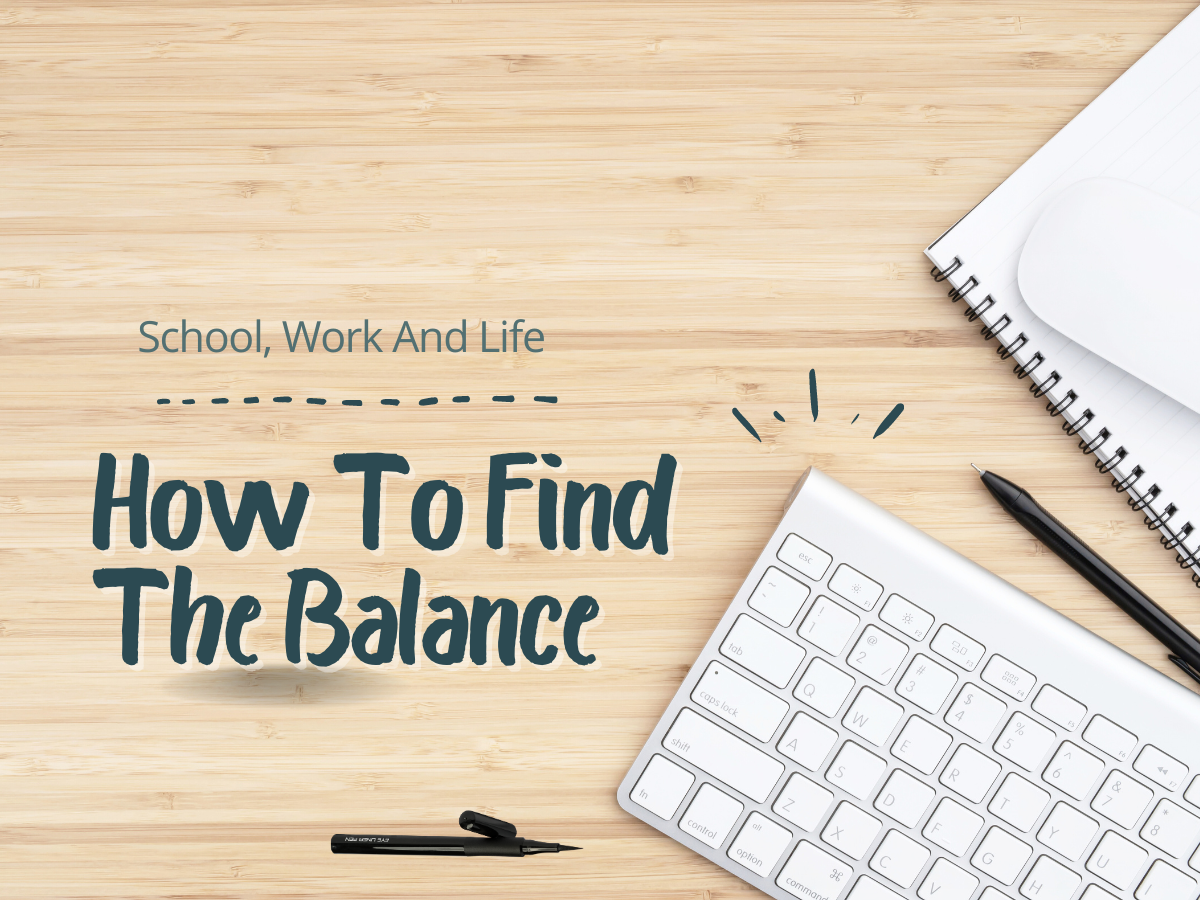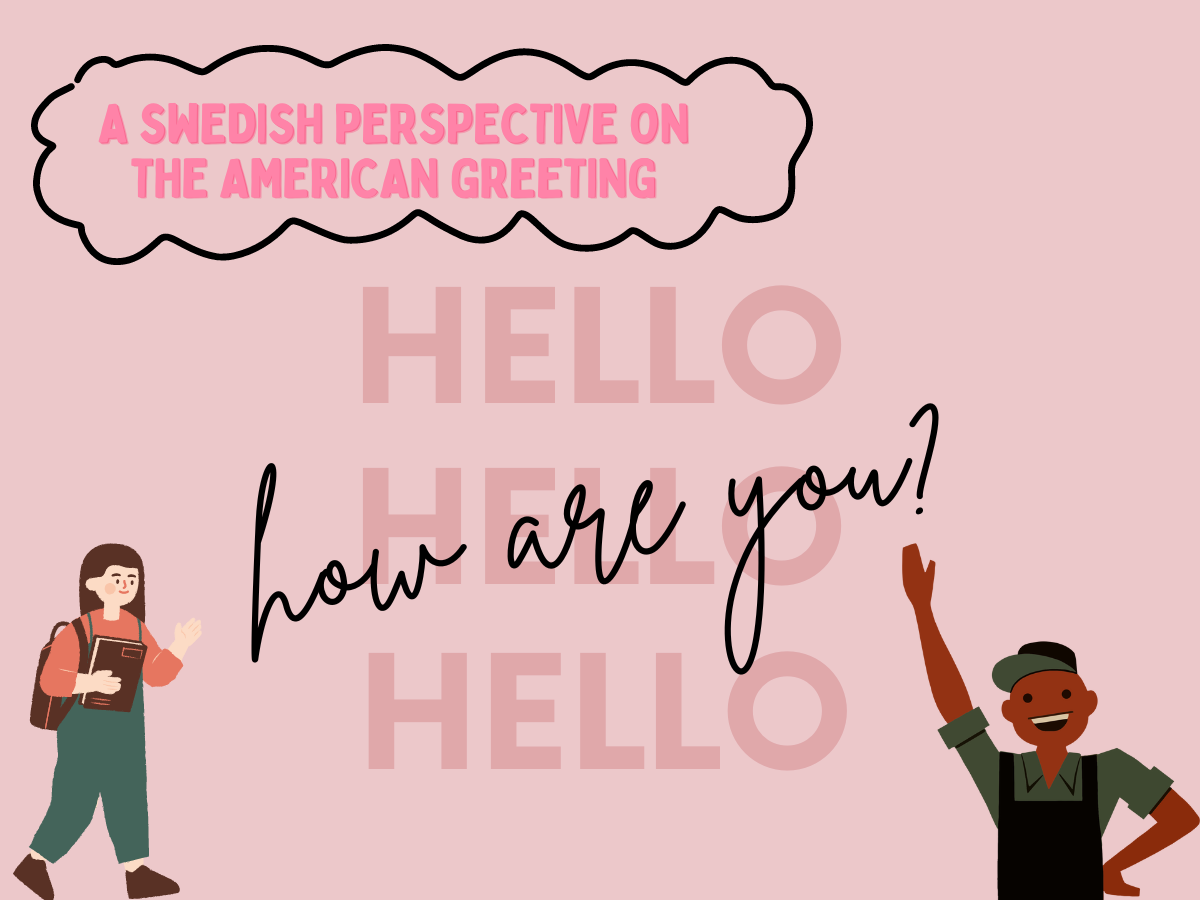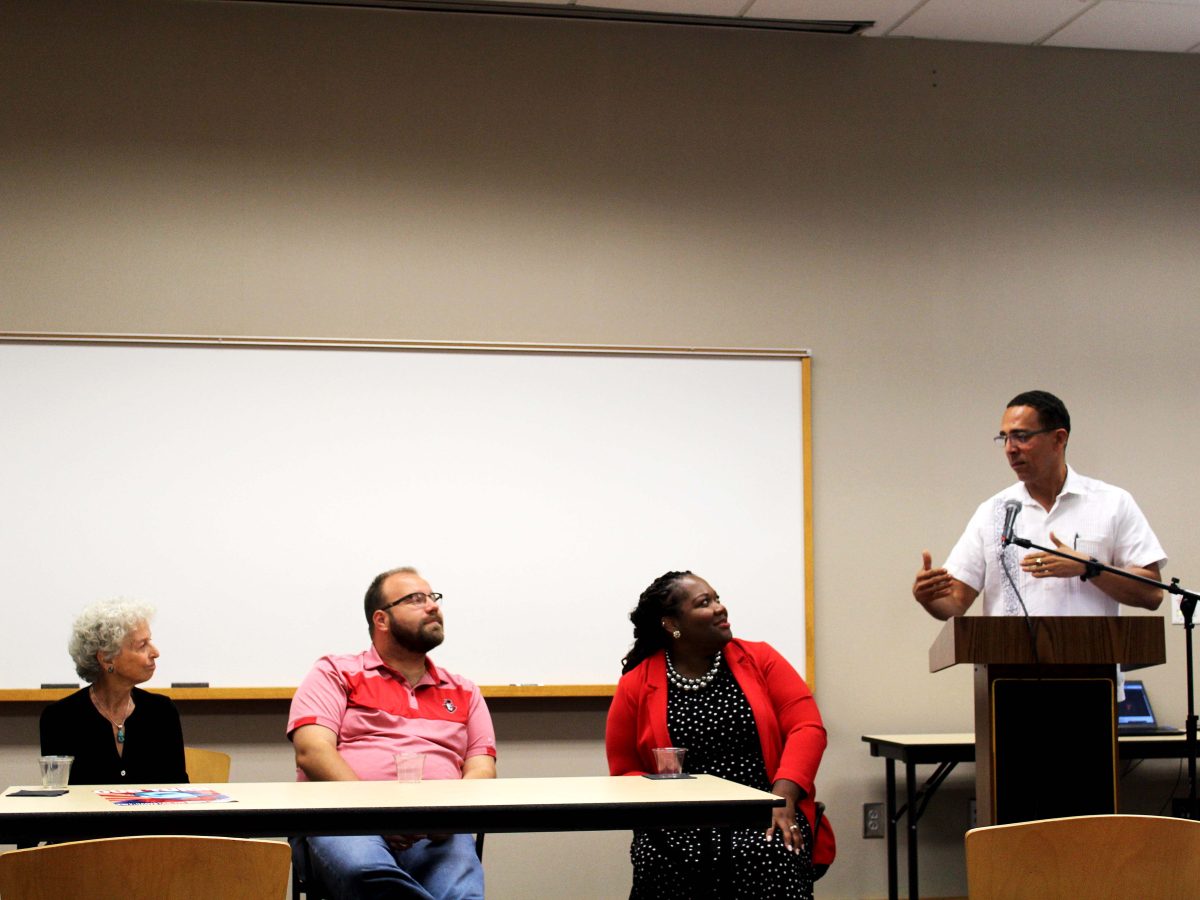Controversies over which media outlets produce better news are constant. The real fact of the matter is print, television, radio or apps can’t live without each other.
Communication is key to surviving this crazy world. As our generation or “millennials” continue to grow, times continue to change. There are rumors that certain sources of media are slowly becoming extinct, but I beg to differ.
All forms of news-based media are crucial to the progressions of other types of news-based media.
Newspapers get the worst reputation for being the first type of media to go. According to Pew Research Center, “… newspapers, after an unusual year of small gains in 2013, saw both daily and Sunday circulation fall another 3 percent in 2014, declines that were felt across papers of all sizes. Newspaper weekday circulation has now fallen 19 percent since 2004.”
Recent experiences have taught me otherwise. News stations, bloggers and radio talk shows rely heavily on what news is printed. The biggest argument is, since we have the web and are able to compile news stories through websites, what is the need for a tangible newspaper?
Newspapers are extremely easy to navigate and they have more attainable local record of the news. Yes, there are some websites that keep up locally with the news, but they lack in comparison to how much information is printed in a daily issued newspaper.
For unaffiliated news stations, or basic radio stations, papers are everything. Newspapers are tangible documents that have stood the test of time. They are often used as records for other media sources that need information that isn’t easily attainable for a more recent era.
People working in the field of news know there is a constant need to be the first to relay information, and a majority of newspapers accomplish just that.
Radio is also said to be a dying source of media, supposedly very slowly and shortly radio will die out too. Pew Research Center also entails that popular public broadcast, “NPR saw its average weekly broadcast listening audience for NPR programs and newscasts fall by about 4 percent – from 27.3 million in 2013 to 26.2 million in 2014.”
The first two most accurate and highly attainable forms of news media from the beginning of news, print and radio, are the ones, which people think will be the first to go. I highly disagree with this.
Radio will be around long after humans because of its structure and science. Radio news like NPR and local talk shows are widely listened to. Journalists and reporters rely a great deal more than people think, on the radio.
Traffic control is a very important part of newscasts, and radio stations always seem to be the ones who get information first.
Each branch of news feeds off information from one or the other at certain times; which is why they would all fail without each other.
Television, web and apps are the first sources of news Americans go to because it’s quick. With the click of a button, the news is at your fingertips: weather forecasts, breaking stories and national news.
All the information is there.
Big television networks like CNN are usually the first to relay breaking stories. Millennials’ are highly into receiving information as quickly as possible. Instant gratification is what makes our world go round. News apps, blogs and vlogs are all quick, accessible forms of news that keep it short and sweet to our liking.
Young adults today aren’t concerned with what news is being reported rather the opinion of who is broadcasting it. With everyone trying to be as hip as the next person, old school news media is sometimes thrown out of the loop.
If we all sat down and really thought about it, why does one source of news have to surpass all the others? Why is there a battle between sources?
We as a society need to stop and realize that without all sources of news, the others will fail. It’s time for our generation to accept old school ways, read more newspaper and listen in to more radio broadcasts, even if you have to accomplish this on the World Wide Web.
Be creative and find a small town newspaper or radio station and read or listen for a while. You might be surprised at what you learn about different forms of news media







